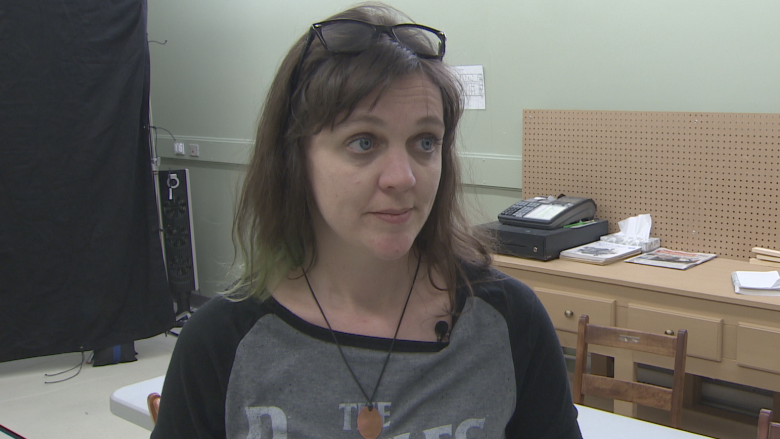'Matters of life and death': Amelia Curran keeps fighting for mental health care
Musician and mental health advocate Amelia Curran says she's going to keep the pressure on the province to turn the all-party committee's recommendations on improving mental health and addictions services into real change in Newfoundland and Labrador.
"We are going to stay on it. We are, our message now going forward in addition to 'we can change the system, you are not alone' and now it's 'we are still here,'" she says.
Curran, who lives with anxiety and depression, has been a guiding force in tackling the stigma around mental illness and pushing for better care. She says the report released Friday is very valuable.
"I sort of can't believe it. In the advocacy world you're fighting and you're fighting. And I struggle with the word 'fighting,' but it is a struggle, this has been an uphill battle," Curran said.
"And now something has happened, that I can hold in my hand and say 'here is a plan, here is something that is going to be done.'"
The committee of representatives from the PCs, NDP and governing Liberals outlined 54 ways to better help people dealing with mental health and addictions issues, along with targeted deadlines to meet.
"Our job now as advocates is to make sure this thing doesn't collect dust. And that these things actually happen," said Curran.
The ideas in the report are not all new, like replacing the crumbling penitentiary in St. John's or spending more money.
And they're still a long away from the Confederation Building, where they were presented Friday, to the streets where some of the province's most vulnerable people were begging for money at the same time.
But Curran said she will be one of many people making sure the goals are met quickly, "because these are matters of life and death."
'Don't let bureaucracy get in the way'
In writing the report the committee heard from people with mental health and addictions issues, their families, and those who work to care for them, including local health authorities.
Collaboration that Curran said will be critical for the government to meet those targets.
"As long as they don't lock themselves in a room and try to problem solve by themselves. That's where bureaucracy gets in the way and legislation takes forever because you forget to involve your community partners," she said.
"We have to remember from somebody standing on the street, all the way up to the minister of health and the premier, we have got to keep that connection."



